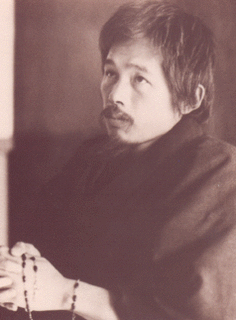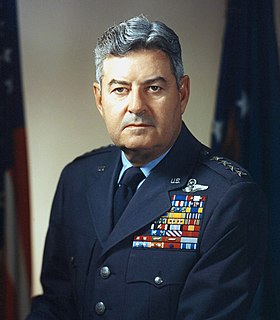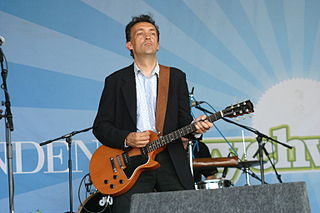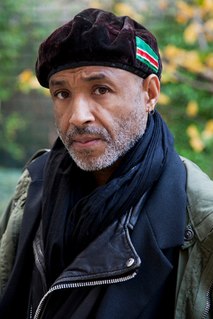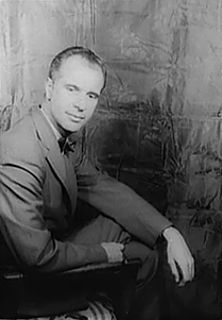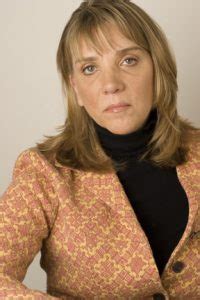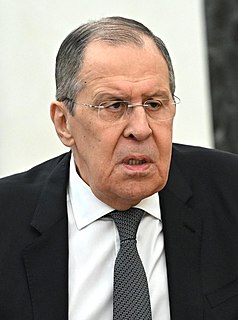A Quote by Annie Jacobsen
In 1957, with the arms race in full swing, the Department of Defense had decided it was just a matter of time before an airplane transporting an atomic bomb would crash on American soil, unleashing a radioactive disaster the likes of which the world had never seen.
Related Quotes
Men and women of the world, never again plan war! With this atomic bomb, war can only mean suicide for the human race. From this atomic waste the people of Nagasaki confront the world and cry out: No more war! Let us follow the commandment of love and work together. The people of Nagasaki prostrate themselves before God and pray: Grant that Nagasaki may be the last atomic wilderness in the history of the world.
Native annalists may look sadly back from the future on that period when we had the atomic bomb and the Russians didn't. Or when the Russians had aquired (through connivance and treachery of Westerns with warped minds) the atomic bomb - and yet still didn't have any stockpile of the weapons. That was the era when we might have destroyed Russia completely and not even skinned our elbows doing it.
At exactly fifteen minutes past eight in the morning, on August 6, 1945, Japanese time, at the moment when the atomic bomb flashed above Hiroshima, Miss Toshiko Sasaki, a clerk in the personnel department of the East Asia Tin Works, had just sat down at her place in the plant office and was turning her head to speak to the girl at the next desk.
If you do a black character or a female character or an Asian character, then they aren't just that character. They represent that race or that sex, and they can't be interesting because everything they do has to represent an entire block of people. You know, Superman isn't all white people and neither is Lex Luthor. We knew we had to present a range of characters within each ethnic group, which means that we couldn't do just one book. We had to do a series of books and we had to present a view of the world that's wider than the world we've seen before.
Because my parents were American missionaries who sent me to public schools in rural Japan, I had to confront Hiroshima as a child. I was in the fourth grade - the only American in my class - when our teacher wrote the words "America" and "Atomic Bomb" in white chalk on the blackboard. All forty Japanese children turned around to stare at me. My country had done something unforgivable and I had to take responsibility for it, all by myself. I desperately wanted to dig a hole under my desk, to escape my classmates' mute disbelief and never have to face them again.
In America, it was decided to attempt the production of atomic bombs with an effort that would constitute a large part of the collective American war effort. In Germany, an effort one thousandth the scale of the American was applied to the problem of producing atomic energy that would drive engines.
Japan suffered terribly from the atomic bomb but never adopted a pose of moral superiority, implying: 'We would never have done it!' The Japanese know perfectly well they would have used it had they had it. They accept the idea that war is war; they give no quarter and accept none. Total war, they recognize, knows no Queensberry Rules. If you develop a devastating new weapon during a total war, you use it; you do not put it into the War Museum.
We could still have continued the arms race, but the arms race was pointless, and it was another reason we decided to start perestroika. It was senseless to continue to accumulate weapons. We had enough weapons to destroy life on Earth 1,000 times, and therefore it was very clear to us that the arms race could spiral out of control. A conflict could have started, as both the Americans and the Soviets realized, not out of a wrong political decision but because of a failure in the command-and-control systems.


